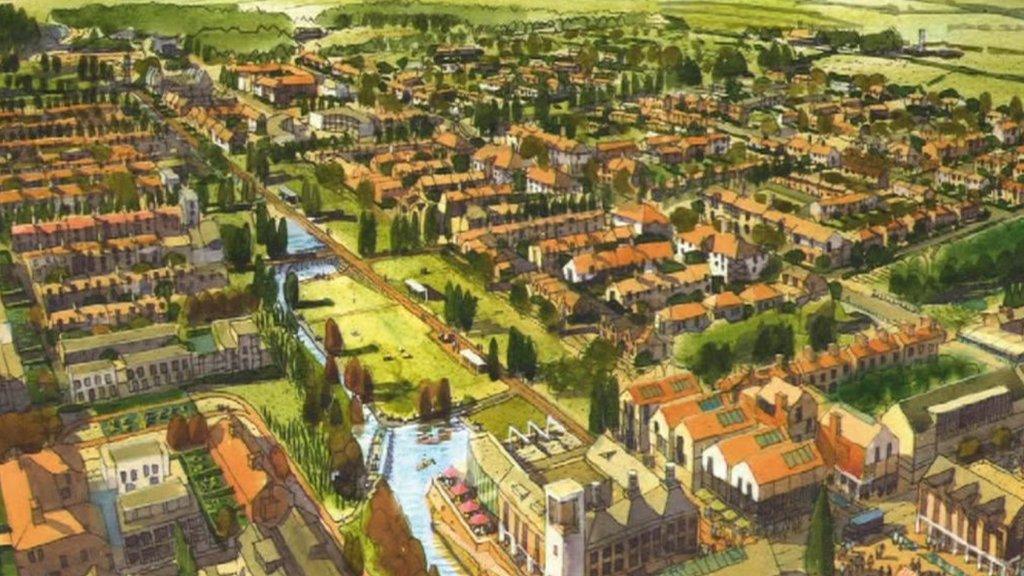Chattenden 'nightingale-threat' plan for 5,000 homes pulled
- Published
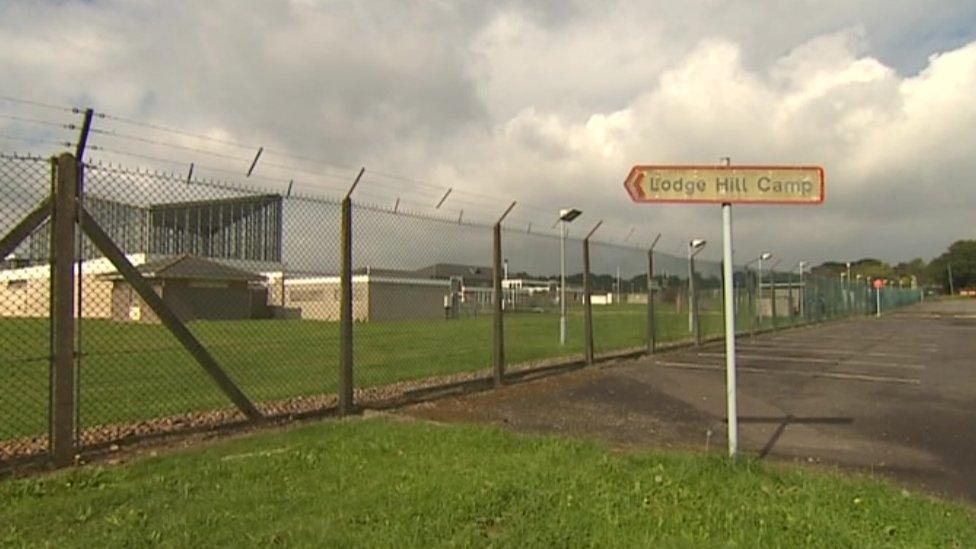
The land at Lodge Hill, Chattenden, is owned by the Ministry of Defence
Plans to build more than 5,000 homes on a site that is home to the rare nightingale have been withdrawn.
Proposals for the Site of Special Scientific Interest (SSSI) at Lodge Hill, Chattenden, included housing, schools, a healthcare centre and shops.
The scheme on the former Ministry of Defence (MOD) site was opposed by many residents, Natural England, the RSPB and the Wildlife Trust.
The leader of Medway Council said he was "appalled" by the decision.
The RSPB said the site was "the most important site, external in the country for nightingales" and development would threaten dozens of pairs of nightingales which nest on the land.
The Defence Infrastructure Organisation and the Homes and Communities Agency (HCA) have withdrawn their planning application and intend to submit revised proposals for the site.
The HCA said it was committed to going ahead with a development at Lodge Hill with a new planning application expected to be submitted in 2018.
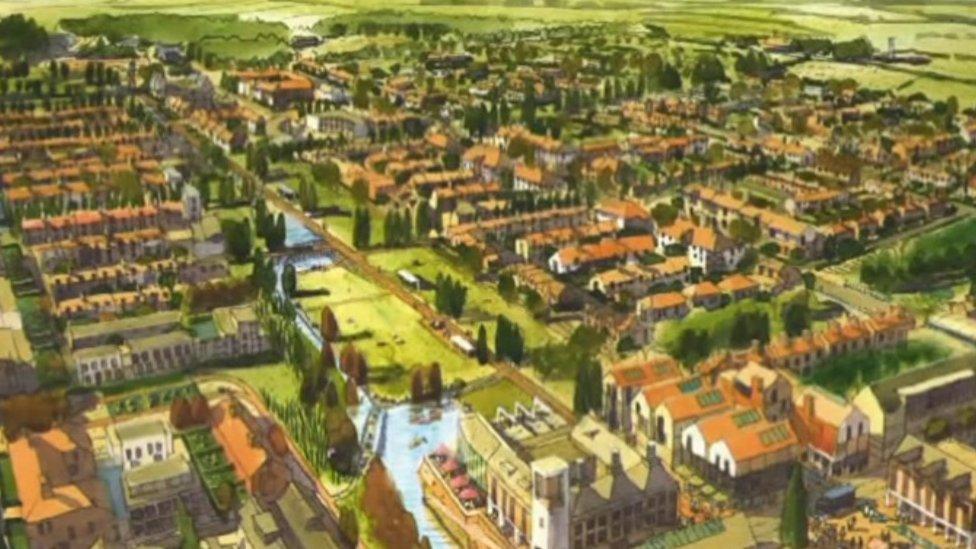
Plans for some 5,000 homes, along with schools and shops, have been withdrawn, the council says
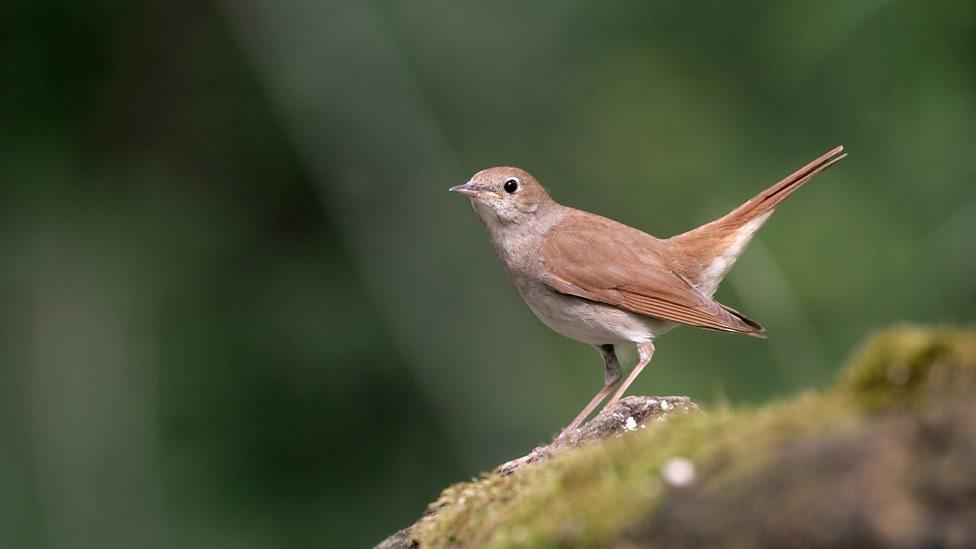
The RSPB says the Chattenden site is one of the most important in the country for nightingales
In September 2015, developers Land Securities pulled out of the scheme, saying it had lost £11.3m on the development.
A public inquiry scheduled for March 2018 will now not go ahead, the council said.
But Councillor Alan Jarrett, Conservative leader of Medway Council, said: "I am appalled this important scheme is going back to the drawing board, further delaying a project which would create jobs and much needed homes for the area.
"A succession of agencies have let the people of Medway down by constantly delaying this important site which has huge potential."
He said the authority needed to build 30,000 new homes by 2035.
"It's time for agencies to get off the fence and bring this site forward for development," Mr Jarrett said.
- Published11 September 2015
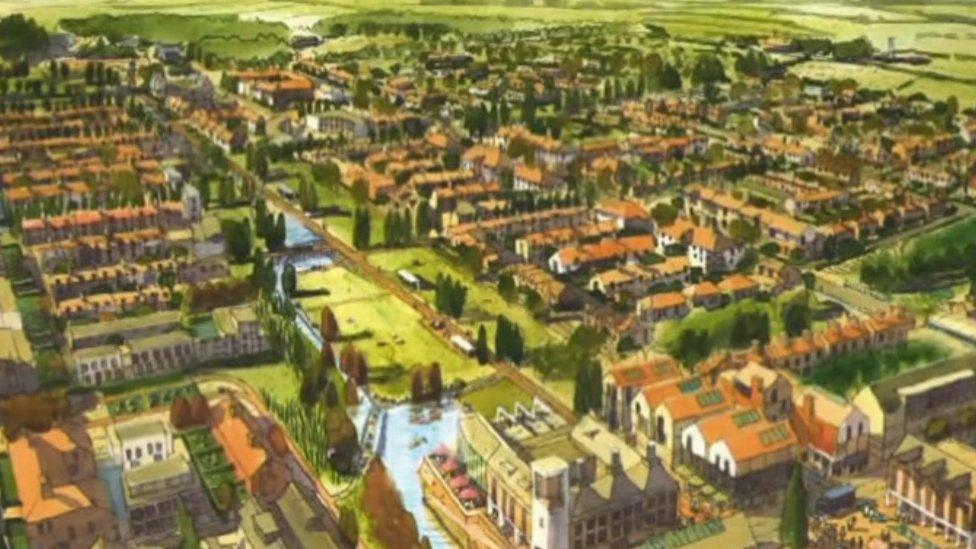
- Published13 February 2015
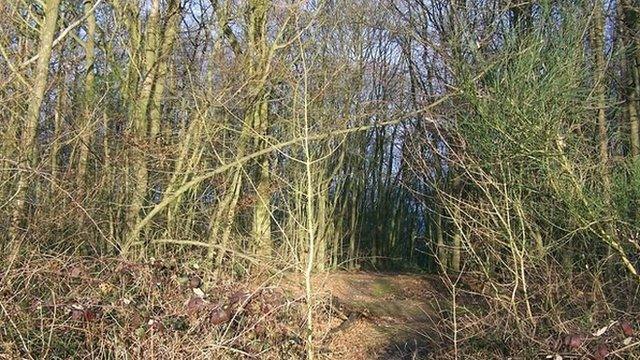
- Published5 November 2014
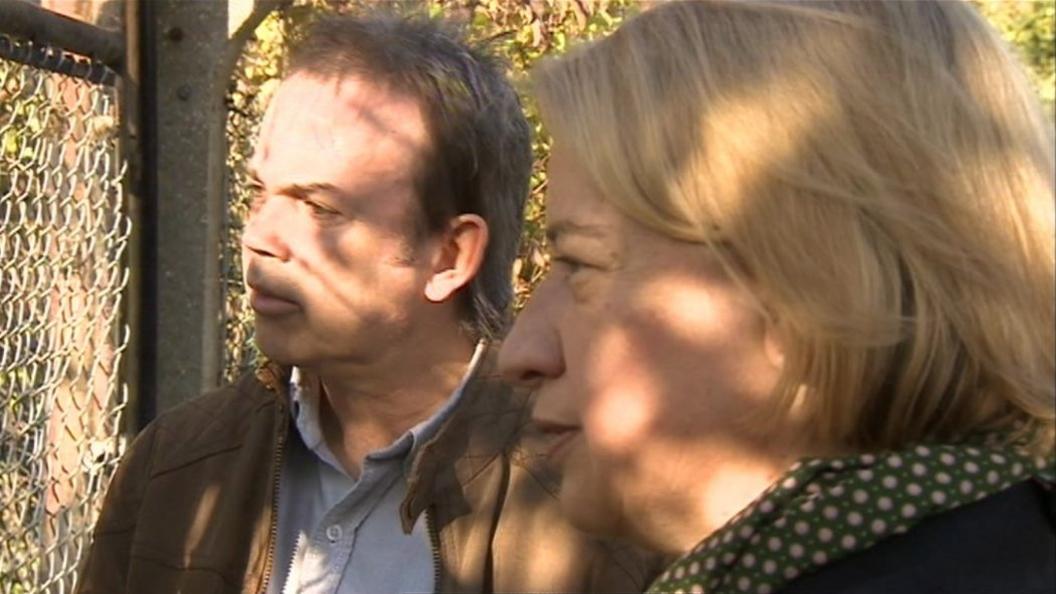
- Published6 September 2014
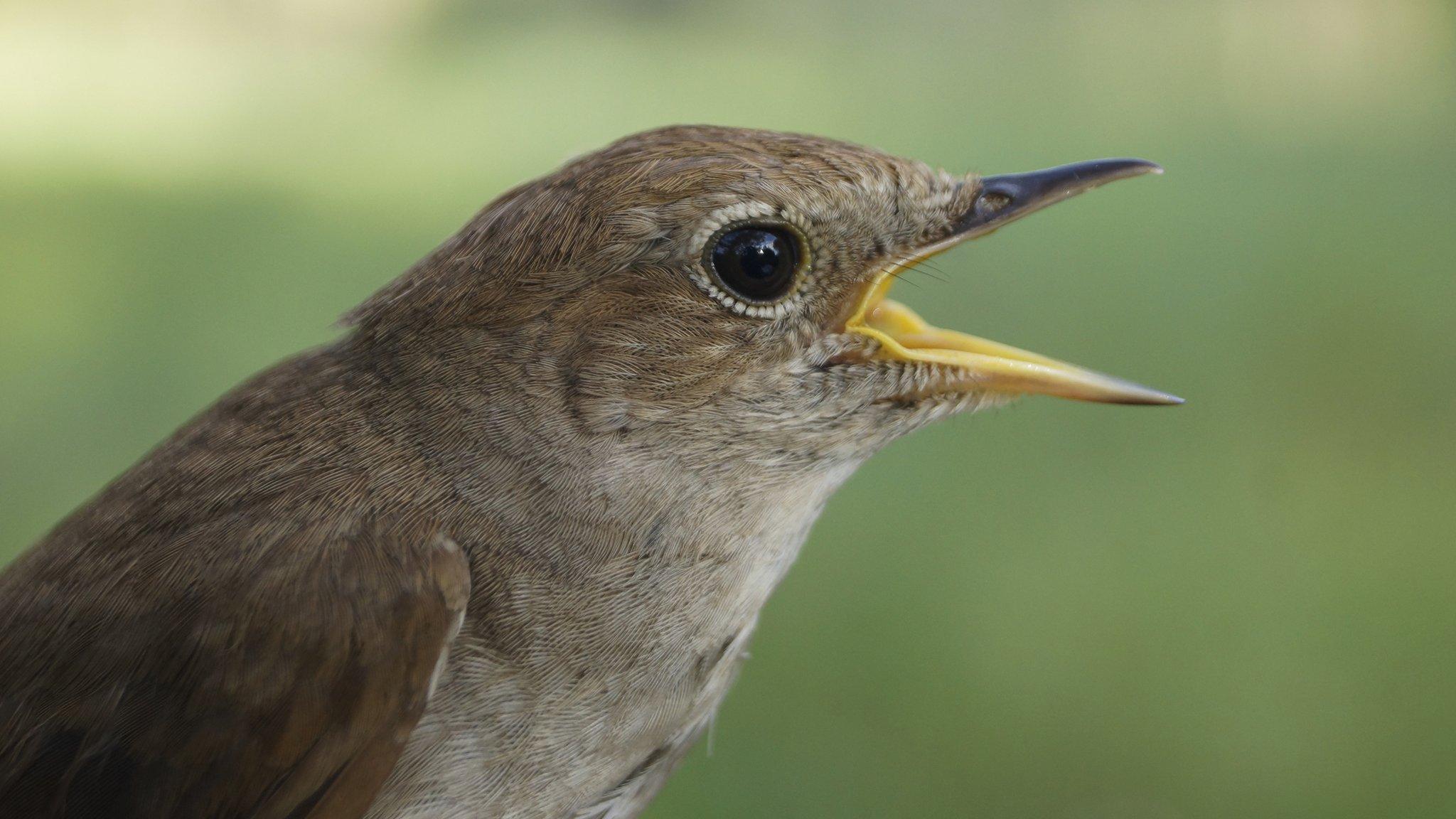
- Published5 September 2014

- Published14 March 2013
